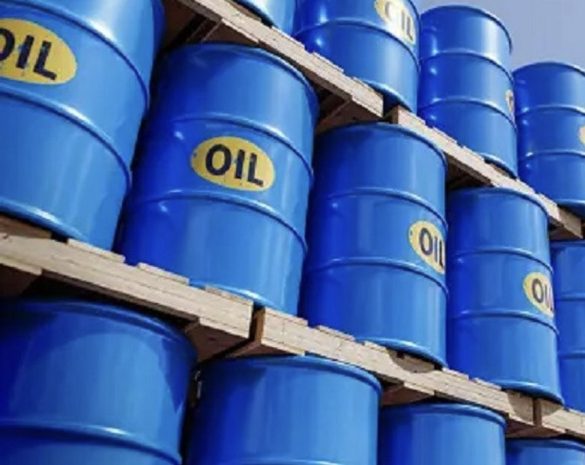KEY POINTS
- OPEC+ to add 137,000 bpd in September, risking deeper supply glut.
- Nigeria’s crude prices trade below budget benchmark, threatening deficit and revenues.
- Indian refiners boost Nigerian oil purchases, but global oversupply pressures linger.
The Organisation of the Petroleum Exporting Countries, OPEC, efforts to boost oil production could worsen the global supply glut and drive prices even lower than the budgetary benchmarks of Africa’s biggest crude exporter, putting further strain on Nigeria’s already precarious economy.
In the first installment of a larger 1.65 million barrel per day tranche that was initially planned to be delayed until late next year, the cartel and its allies agreed on Sunday to increase output by 137,000 barrels per day beginning in September. According to officials, more barrels would be added each month, with the option to stop or go back if the market conditions deteriorate.
The choice is made at a critical juncture for the oil markets. The International Energy Agency (IEA) predicts a record oversupply in the coming year due to a slowdown in Chinese demand and an increase in output from the Americas.
Nigeria’s already precarious financial situation would be further weakened if Brent crude fell into the low $50s per barrel, according to Goldman Sachs.
Nigeria struggles to balance budget as prices fall short
Nigeria’s budget for 2025 is predicated on a crude oil production of 2.06 million barrels per day and a price of $75 per barrel. However, its flagship blends, Qua Iboe, Forcados, and Bonny Light, are now trading closer to $71, which is less than what the government had predicted.
The state is at risk of missing revenue targets because output has been unable to continuously reach 1.5 million barrels per day.
The stakes are high because oil makes up half of government revenue and about 80% of foreign exchange earnings. A prolonged decline in prices below budget benchmarks might make it more difficult to finance diversification initiatives and increase the fiscal deficit to more than 4% of GDP.
Some progress has been made in stabilizing production. In June and July, output exceeded OPEC’s quota due to improved security in the Niger Delta and new incentives, providing Abuja with leverage to advocate for a larger allocation. Additionally, by absorbing more barrels locally, the new Dangote Refinery has increased domestic demand. However, analysts warn that OPEC+’s combined effort to flood the market could overshadow Nigeria’s gains.
Nigeria has found a steady buyer in India despite the volatility of global prices. TotalEnergies recently sold one million barrels of Agbami and Usan grades to the state-owned Indian Oil Corporation; deliveries are anticipated in late October. Even as Indian refiners reduce their imports from Russia in response to pressure from the United States, the shipments supplement the two million barrels of West African crude that they have already reserved.
The acquisitions strengthen Nigeria’s position as a vital supplier to the second-largest oil consumer in Asia. However, traders caution that if Brent prices continue to decline, losses might not be offset by demand from India. Maintaining export levels while getting OPEC’s approval for a higher quota will be Nigeria’s challenge; this will be made more difficult by the group’s cautious approach and the risks of global oversupply.



